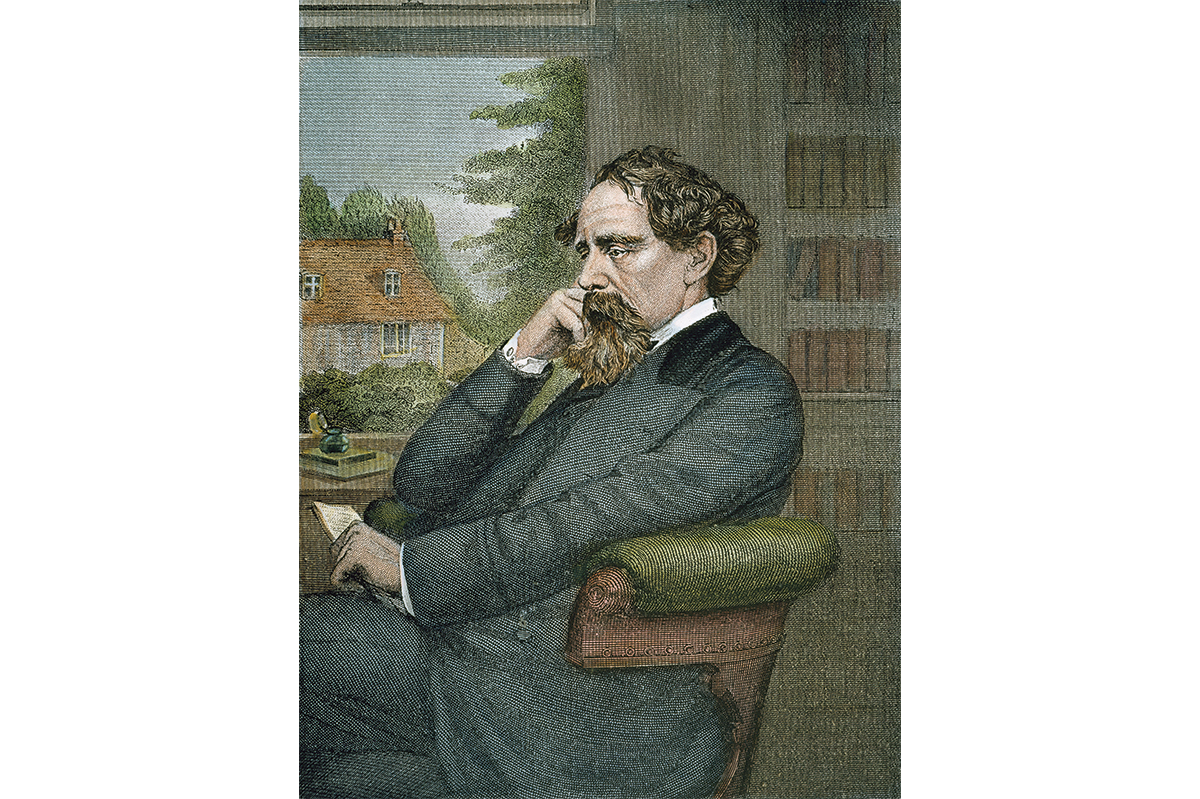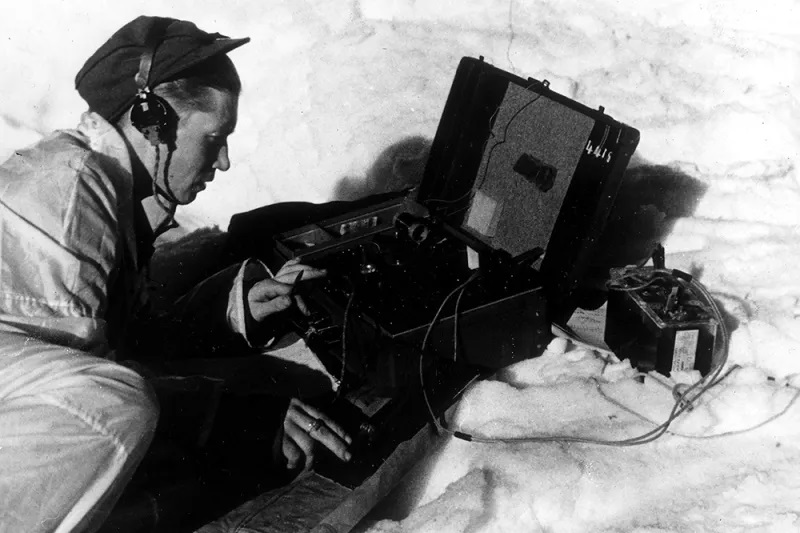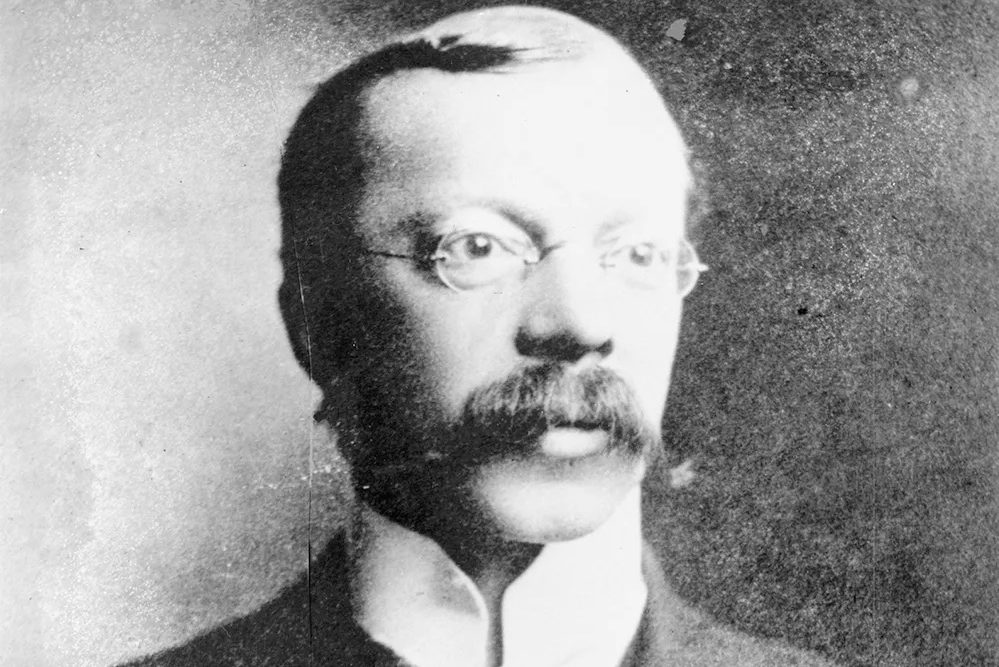Have literary deceit and spiritual self-invention ever been this entertaining? The question arises on almost every page of this galloping exposé of two men who were exceedingly relaxed about not telling the truth throughout their professional lives. They would have called it “storytelling.” Those who questioned the reliability of their often outlandish claims were dismissed as academic nonentities.
One minute Ikbal’s journey across the Middle East was 15,000 miles, the next it was 25,000 miles
Sirdar Ikbal Ali Shah was the great-grandson of Jan Fishan Khan, a nineteenth century Arab nobleman who had supported the British in Afghanistan and been rewarded with an Indian title, palace and pension. Ikbal failed to finish his medical studies at Edinburgh, married a Scottish woman and decided to make his name by the pen. Despite being a son of colonial India who had never set foot in Afghanistan, he claimed to be an Afghan insider who could help the British navigate the final chapters of the Great Game in Central Asia.
In the winter of 1920-21, Ikbal wrote a series of alarmist accounts of the Russian penetration of Afghanistan for the British press. He reported on (non-existent) Bolshevik roads and railways, blithely unconcerned by the towering mountain passes they supposedly traversed. The British representative in Kabul confirmed that Ikbal had never been to Afghanistan — but he had been spotted several times in London. A photograph in the Field purporting to reveal a Bolshevik outpost turned out to be nothing of the sort. The relevant men were loyal Indian soldiers. The India Office, on the receiving end of what Nile Green calls an “epistolary assault” from Ikbal requesting all manner of jobs, sinecures and zany schemes, reckoned he was “a bit of a liar.”
Published in 1928, Ikbal’s first book, Westward to Mecca, was a self-mythologizing travelogue that made the adventures of Voltaire’s Candide look tame stuff. His fabrications in The Golden East, his next book, seemed so pervasive it was difficult to know whether the journey described happened at all. He claimed to have been pursued by knife-throwing Senegalese soldiers in Syria, whom he had only evaded by leaping out of an upstairs window, turning a neat somersault and shouting back at his assailants: “Come on, you black sons of Shaitan!” There was a romantic liaison in Kuwait, a near gunfight in Turkey, and on it went. One minute his trek across the Middle East was 15,000 miles; the next, after officialdom again rebuffed his insistent petitions for work, it became 25,000 miles. Writer’s block was never an issue. Between 1932 and 1934, he published twelve books, taking in Sufism, Afghanistan, Turkey, the Quran and a biography of the Prophet.
Undeterred by rejection, he continued to dash off letters to prime ministers, secretaries of state, India Office mandarins and newspaper editors. By 1941, he had found a short-lived berth at the ministry of information as a wartime propagandist — a prelude to working for Eric Blair (better known as George Orwell) at the BBC.
In the post-war years of imperial demise, Ikbal’s currency diminished. But his legacy lived on spectacularly through his son Idries, who, after initial forays into magic and the occult, became a widely revered purveyor of a rebranded Sufism for the West.
Published in 1964, with a foreword by Robert Graves, The Sufis was Idries’s break-out book, catering to a new-found appetite for easily digestible pick-and-mix spiritual enlightenment. Adapting his product to the American market, he published a series of booklets on Sufism containing next to nothing about Islam and in which neither the Prophet Mohammed nor the Quran made an appearance. It was historically untenable but commercially sensational.
Using his celebrity Sufi status as an endorsement, he next persuaded the community of Gurdjieffians at Coombe Springs, complete with their Edwardian villa and seven acres of gardens in Kingston upon Thames, that he was the long-awaited Sufi master from Afghanistan, sent by the “Hidden Directorate” to enlighten the West. Asked where he had learnt such good English, the man who had grown up in London suburbia replied that he had read Shakespeare in a cave. In 1966, Idries insisted that the Gurdjieffians sign over the property to his new foundation. A couple of months later he sold Coombe Springs to a developer for $130,000, a staggering sum at a time when a starter home cost $2,500. Up went twenty-eight luxury homes and off went Idries to purchase Langton House, an eight-bedroom regency mansion near Tunbridge Wells.
Like his father, he was prolific — the author of more than three dozen books, described caustically by Gore Vidal as “a great deal harder to read than they were to write.” But the public disagreed, lapping up his titles, which continued to multiply — like the many pseudonyms he used to praise Idries Shah.
In 1967, he was drawn into the controversy surrounding a new translation of the Rubaiyat of Omar Khayyam by his brother Omar Ali-Shah and Robert Graves. Omar claimed the rendering was based on the world’s oldest manuscript, conveniently held by his own family in Afghanistan for 800 years. A distinguished Edinburgh academic carefully rubbished this; the promised manuscript never materialized — and, notwithstanding a spirited defense by Doris Lessing, a follower of Idries, Omar’s stock fell. Idries responded with an aggressive publicity campaign, emphasizing his royal Afghan and Sufi lineage and noting that the controversy had driven up his book sales in America.
The literary fabulists père et fils would doubtless have dismissed Green’s forensic study of high-level deceit and hucksterism as pathetic pedantry. With Empire’s Son, Empire’s Orphan, readers will make up their own minds — and have tremendous fun along the way.
This article was originally published in The Spectator’s UK magazine. Subscribe to the World edition here.


























Leave a Reply